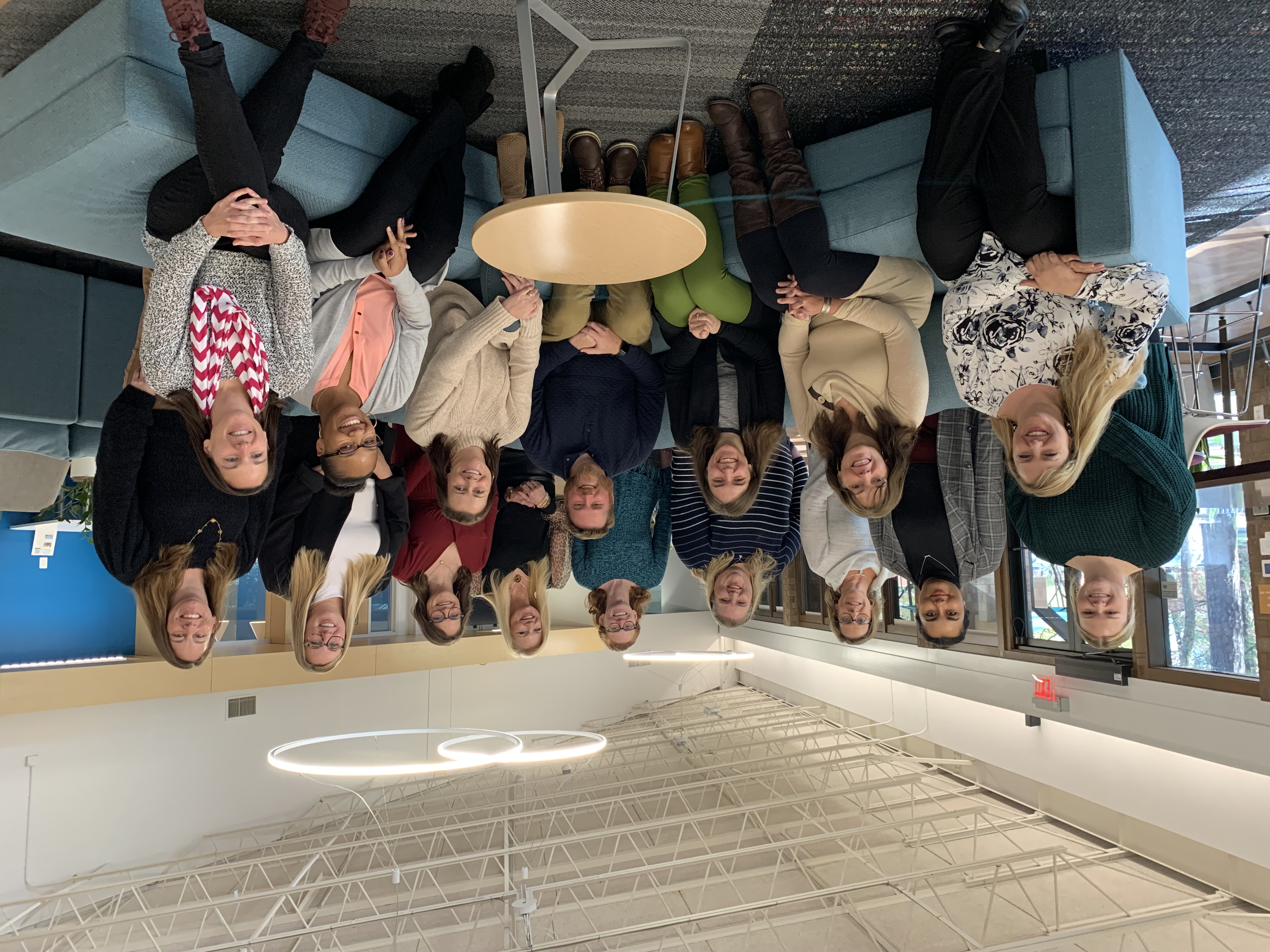Cohort-Based Learning for Personal and Professional Growth
The fall begins the new cohort of VSAE's Association Leadership Virginia (ALV) program. For those new to cohort-based learning, it is a learning style where a group of students work together towards a common goal. This collaborative learning approach has gained popularity in recent years, especially with the rise of online learning platforms. Here are some of the benefits and value of cohort learning.

Inclusive Environment
Cohort learning encourages students to participate actively in class activities, discussions, and projects. When students interact with each other, they learn to share ideas, provide feedback, and clarify their understanding of the coursework. This interdependence among students fosters a more inclusive and engaging learning environment, encouraging students to invest more time in their studies.
Critical Thinking
Cohort learning requires students to reason critically as they engage with their peers. Exchanging ideas and perspectives challenges one's assumptions about their reasoning and provides a platform to arrive at a more comprehensive understanding of the material. With open discussions and problem-solving exercises, students can learn to identify and analyze problems, evaluate potential solutions, and learn to be creative in putting their skills into practice.
Personalized Learning
Cohort learning promotes the idea of personalized learning, as it allows for a more tailored approach to each student's learning needs. In a collaborative learning environment, classmates share their learning strategies and experiences, providing support and guidance for each other. Along with the instructors, students work together to ensure that everyone achieves their learning objectives effectively.
Enhanced Networking
Cohort learning provides an incredible opportunity to create social networks within the community, with classmates collaborating and building relationships that can extend beyond the classroom. This allows learners to build professional contacts and develop life-long professional relationships that will help them build their career path.
Improved Outcomes
Cohort learning has been shown to improve learner competence and performance. Collaborative and interactive exercises help students understand the material better and apply their knowledge practically. The fostering of problem-solving exercises in a collaborative environment also promotes teamwork, a vital skill that can help prepare students for the workplace. Cohort learning has also been shown to have a positive effect on learners' memory, leading to long-term retention of the material.
Conclusion
The benefits of cohort learning go beyond academic success. By encouraging learners to interact, share ideas, and work together, cohort learning is an excellent way to promote engagement, critical thinking, and problem-solving skills. It also promotes personalized learning, enriches professional networks, and leads to better learning outcomes and personal growth.
To learn more about VSAE's ALV program and to apply, visit VSAE.org/alv.



